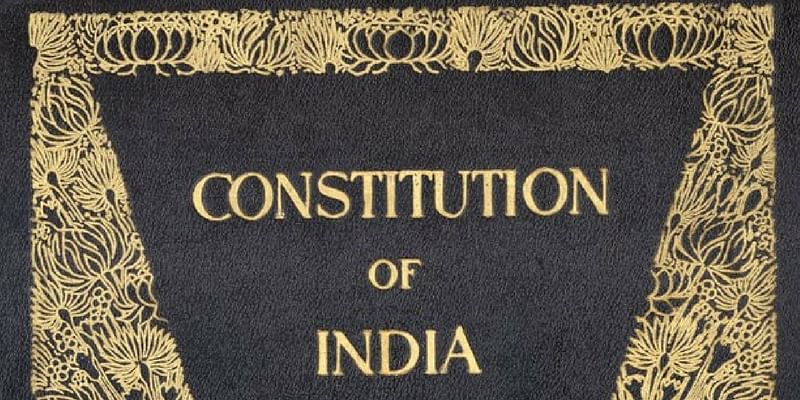Given an overall framework that ensures the Rule of Law, the greater individual and personal freedom is under the law and administrative practice, the faster the economy will grow.
The country has to be grateful that the Supreme Court of India has not gone in the backward looking direction of the US Supreme Court. The latter threw out Roe v Wade, the landmark judgment that fifty years ago ensured a woman’s right to choose. Instead, the Court, while dealing a death
Unfortunately, just as was the case with the British, the giving of freedom to a citizen of India was in effect regarded as unwise by successive governments. An example is the English language, the spread of which has assisted in enabling India and its people to excel in the knowledge economy. A language should not be imposed or outlawed by fiat, but by popular will. Despite his knowledge of the English language and attachment to aspects of English culture, Nehru made it almost impossible for the children of an economically weak citizen of India to study in English, a policy that muffled the growth potential that was (and remains) present in the Indian people. Government schools banished English, thereby giving a monopoly of that language to the middle and upper classes to the exclusion of the poor. Under Modi, this has changed. In UP for example, the teaching of English is being encouraged, because Chief Minister Adityanath understands the value of that language in ensuring that the young in UP get better equipped to move on to successful careers not just across India but across the world.
The majority within the US Supreme Court is anchored to the 17th century rather than to present-day effects of such a literal interpretation of Constitutional provisions. The Court has opened the floodgates even to mass killing automatic guns that any police force should be wary of using. As a consequence, being in the US is to exist in an environment where the next minute may see a shooter try and snuff out lives. The US Supreme Court has even tossed out such commonsensical laws as that passed by the New York legislature mandating the evaluation and registration of citizens who carry a concealed gun. How those justices of the US Supreme Court with their flawed verdicts that have caused such a perilous situation in their country can sleep restfully at night remains a mystery. Just as the Constitution of India or the US is not a marble statuette but a living document, it is the duty of the Roberts Court to ensure a safe environment for citizens, rather than making it legally permissible even for misfits and psychos to stock up on enough weapons and rounds of ammunition as could kill hundreds of people during a single rampage. The Second Amendment to the US Constitution granting the right to bear arms was passed during a time of peril, when external forces as well as internal desperadoes were threatening the lives of citizens in an environment where the available police force was rudimentary. The First Amendment to the US Constitution granted freedom of speech, but where was that freedom when Twitter under its previous owners banished even a sitting President of the US from its platform? Where was that freedom in the vicious way in which significant chunks of the public health bureaucracy in the world’s most powerful country decried those who dared to suggest in 2020 that Covid-19 was the consequence of the leak in Wuhan of a lab experiment? Given the self-censorship evident in the narrative within NATO media of the Ukraine-Russia conflict, freedom of speech appears to apply only to those who hold a politically correct view (about Saint Zelenskyy and Satan Putin for example ) and not to those having a contrarian view. As a consequence of the way in which dissent has been stifled in western countries about the origins of Covid-19 or the manner in which NATO is prosecuting the Ukraine war, not just western countries but the entire world is enduring growing tensions in society and weaknesses in the economy. There are countries where the state decrees what the citizen may lawfully do, and outlaws the rest. There are countries where the state describes in some detail what actions are legally forbidden, but are generally permissive about the rest. No prizes for guessing which set of countries will do better in the 21st century.

